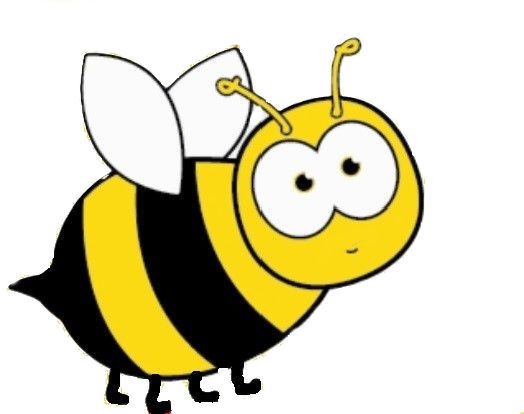Typically arise when the brain detects a familiar pattern of events and we react without knowing why we are reacting automatically.
Can be a feeling of happiness, sadness, anger or a frightening experience.
Eg: Why is being in a warm bath relaxing and contributes to a feeling of calm. Think about it. When was the first time you were relaxing floating in fluid. Perhaps you feel a rocking sensation. Maybe you can hear a constant bump, bump sound. What was the temperature like. Were you feeling well fed? You might be sensing muffled voices.
Was it in the womb?
Most likely. That’s why real-estate around water commands a much higher price. Restaurants near water have higher prices etc, etc.
Other words to describe this action are:
- Involuntary impulse
- Knee Jerk reaction
- Patella reflex
- Quadriceps reflex
- Reflex
Our subconscious mind is like an autopilot for our thoughts and actions. It forms automatic responses through a process called conditioning, which involves learning from repeated experiences and storing these learned behaviors in our subconscious. Here’s a breakdown of how it works:
- Repetition and Habits: When we repeatedly perform an action or think a certain way, our brain creates neural pathways that make these behaviors automatic. For example, brushing your teeth every morning becomes a habit because you’ve done it so many times.
- Emotional Associations: Our subconscious mind links emotions to certain experiences. If you had a positive experience with a particular activity, your subconscious will associate that activity with positive feelings, making you more likely to repeat it.
- Beliefs and Perceptions: Over time, our subconscious mind forms beliefs based on our experiences and the information we receive. These beliefs influence our automatic responses. For instance, if you believe you’re good at public speaking, you’ll likely feel more confident and perform better in such situations.
- Survival Mechanisms: Our subconscious mind is wired to protect us. It quickly learns to recognize and respond to threats based on past experiences. This is why you might instinctively pull your hand away from something hot without consciously thinking about it.
- Social Conditioning: From a young age, we’re influenced by our environment, including family, culture, and society. These influences shape our automatic responses and behaviors, often without us realizing it.
By understanding these mechanisms, we can become more aware of our automatic responses and work to change them if needed. It’s like reprogramming our internal software to better align with our conscious goals and desires.
When the behaviour is persistent, and you can’t identify the source, you may benefit by getting professional help from a trained BSetFree RTT® Practitioner who will help you quickly trace back to the original source of the issue, acknowledge the event and help you to reprogram your response for a better outcome. That means you will be better protected and be able to make sure your ARS doesn’t bite you on your ARSE.
Get Help today.
